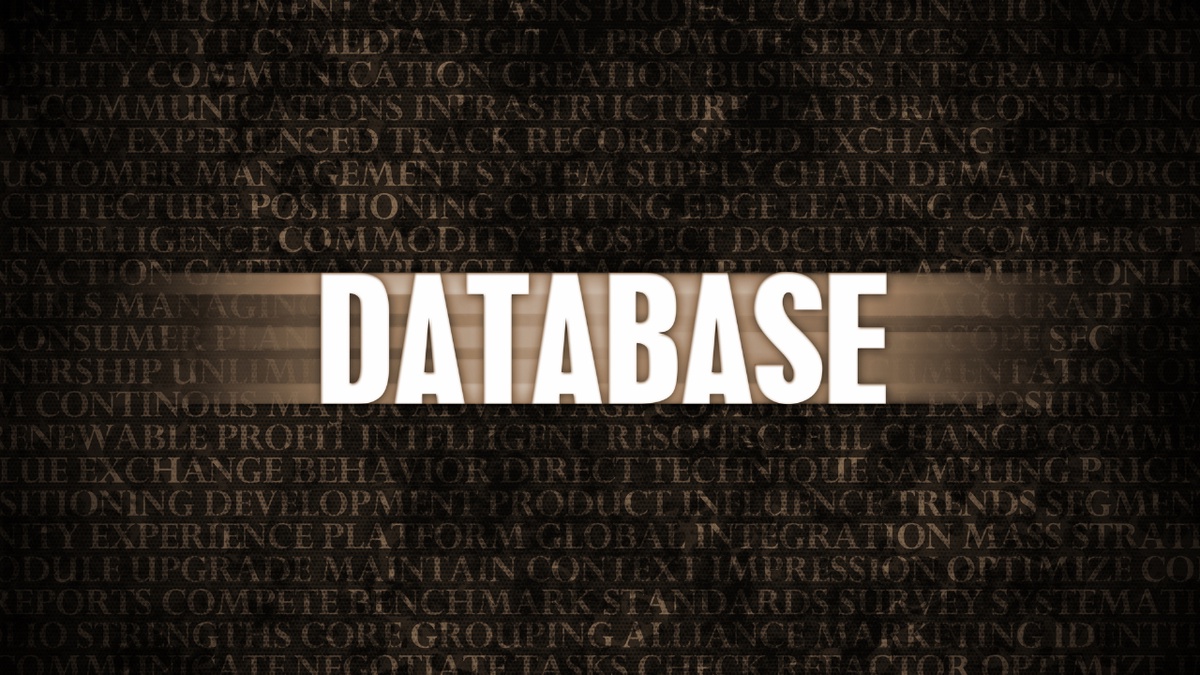Big data is becoming an integral part of business strategies across industries. However, with the surge in data volume, velocity, and variety, the challenges of securing sensitive information have significantly intensified. Database security, therefore, plays a crucial role in safeguarding an organization's most valuable data against cyber threats, unauthorized access, and breaches. DataSunrise's advanced database security solutions provide robust protection mechanisms tailored to the needs of big data environments. This article explores the importance of database security in the era of big data and how DataSunrise's tools can help organizations secure their databases effectively.
The Importance of Database Security in Big Data
Big data environments are inherently complex due to the massive volumes of data processed and stored. This data often includes sensitive information, which can be a lucrative target for cybercriminals. The consequences of a data breach are severe, including financial losses, damage to reputation, and legal repercussions. Moreover, the regulatory landscape around data protection is becoming stricter, making compliance an additional challenge. Effective database security practices are essential to address these risks and protect the organization's data assets.
DataSunrise's Comprehensive Security Solutions for Big Data
DataSunrise's suite of database security tools is designed to provide a holistic approach to securing big data environments. Here are the key components:
-
Data Masking and Encryption
- Data Masking: DataSunrise's dynamic data masking helps prevent unauthorized access to sensitive data by obfuscating it in real-time. This method is particularly useful in big data environments where data is often used for analytics and testing. Masking ensures that developers, testers, and analysts can work with realistic data without accessing the actual sensitive information.
- Encryption: Data encryption is critical in protecting data at rest and in transit. DataSunrise provides strong encryption mechanisms that ensure data is unreadable to unauthorized users, safeguarding it from external breaches and insider threats.
-
Database Activity Monitoring (DAM)
- Real-Time Monitoring: DataSunrise’s DAM capabilities allow for continuous monitoring of all database activities. This is crucial in big data environments to quickly detect and respond to suspicious activities that could indicate a breach or an attempt at unauthorized data access.
- Audit Trails: Comprehensive logging and reporting functionalities ensure that all database transactions are recorded. This not only aids in detecting security incidents but also supports compliance with various data protection regulations.
-
Database Firewalls
- Preventing SQL Injections: DataSunrise's database firewall effectively blocks SQL injection attacks, one of the most common threats to database security. By filtering incoming database traffic, the firewall prevents malicious queries from being executed.
- Configurable Rules: The firewall rules can be customized to meet the specific security needs of a big data environment, allowing organizations to implement a more targeted security approach.
Challenges of Securing Big Data and How DataSunrise Addresses Them
Securing big data presents unique challenges due to its characteristics. Here’s how DataSunrise addresses these challenges:
- Scalability: Big data environments need scalable security solutions that can grow with the data. DataSunrise’s tools are built to handle large volumes of data efficiently, ensuring that security measures do not hinder performance.
- Complexity: Big data often comes from various sources and is stored in different formats. DataSunrise's solutions are compatible with a wide range of databases and data warehouses, making it easier to implement uniform security measures across diverse data ecosystems.
- Speed: The velocity of big data requires that security solutions do not slow down data processing. DataSunrise's security tools are optimized for high performance, ensuring that security scanning and data masking do not impact the speed of data transactions.
Best Practices for Implementing DataSunrise in Big Data Environments
Implementing effective database security in big data environments involves several best practices:
- Comprehensive Security Policy: Develop a detailed security policy that addresses all aspects of big data security, from physical security to access controls and encryption. DataSunrise can help enforce these policies through its configurable rules and policies.
- Regular Security Audits: Conduct regular security audits to identify vulnerabilities in your big data environment. DataSunrise’s audit and reporting features can facilitate these audits by providing detailed insights into security threats and anomalies.
- User Training and Awareness: Ensure that all users are trained on the importance of data security and how to use DataSunrise’s tools effectively. Regular training sessions can help reduce accidental breaches caused by human error.
In Conclusion
As big data continues to grow in importance, so does the need for robust database security. DataSunrise's comprehensive suite of security tools provides organizations with the capabilities they need to protect their big data from sophisticated cyber threats, ensure compliance with stringent regulations, and maintain trust with customers and stakeholders. By implementing DataSunrise’s solutions, businesses can not only secure their data but also leverage their big data capabilities to gain a competitive edge in the market. Investing in advanced database security solutions like DataSunrise is crucial for any organization looking to thrive in the era of big data.


No comments yet